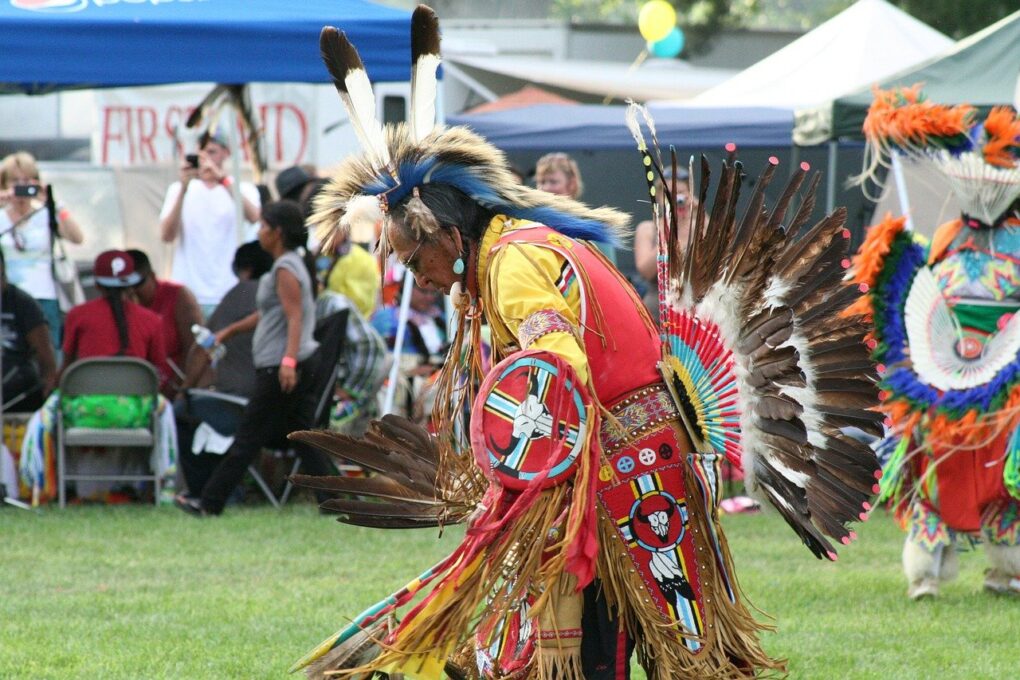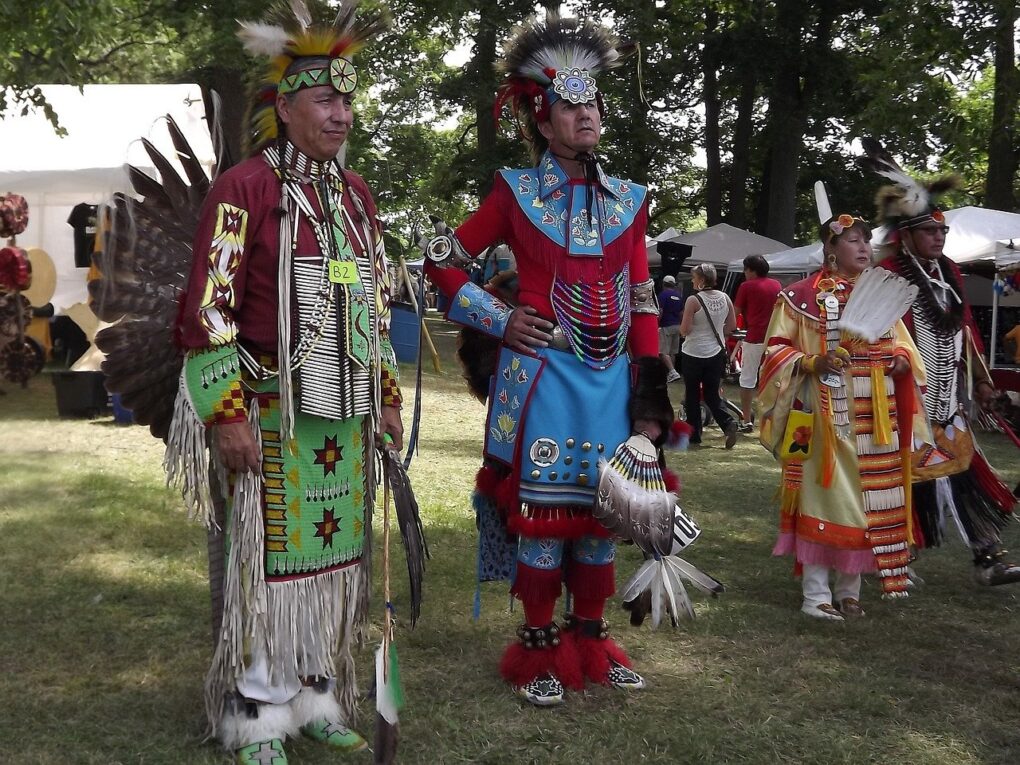
Native American Gaming Traditions
It is often believed that gaming and gambling as we know these activities today were brought to the Americas by the Europeans during the active colonization period, and have stayed there since. However, the reality is that Native Americans had way richer and variable gaming traditions that have been followed by many generations.
Therefore, modern gaming and gambling in the indigenous communities should not be seen as a “left-over activity” inherited from the European settlers. Instead, modern communities take effort to use the local gaming traditions to revitalize numerous cultural values. Yet, to do that, it is important to learn more about the origins of Native American gaming.
Origins of Native American Gaming
Today, gaming mostly takes place in land based casinos, bingo halls, and sports betting facilities, or, as an alternative, it takes place online casino sites with Interac, or sports betting sites.
However, initially, Native American peoples had many different games, and these games were either of a gambling nature, of ritual nature, or purely for entertainment and development of different skills.
The origins of many games were with the tribal gods in the first place. Many games were played as ceremonies, in order to bring rains, or good harvests, or prey. Other games were to entertain and please the gods, by demonstrating physical strength and fitness. Other games still were played mostly with children and by children to develop necessary skills.
Most of the time, children played the same games as adults, although games for entertainment differed for adults and for children. Also, boys and girls, as well as men and women, usually had their own games to play, although they could share certain ceremonial games.
Native Americans had their own games of skill, and games of chance. Games of skill required certain mental abilities, or physical abilities, to succeed. Games of chance were more about luck, and were played using sticks, dice, or other tools.
Gaming for Revitalization of Communities

Today, gaming and gambling is mostly seen as a potentially harmful and addictive activity, and it is highly regulated by many governments and relevant authorities.
However, gaming is also a tradition for many communities, and it can be used for good.
The majority of Native American communities have the rights to regulate their own gaming and gambling industries, as sovereign nations. This way, all the profits from any local gambling houses and platforms, both offline and online, are to be used by the communities for developing sciences, culture, education, sports, etc. Any third party facilities, such as casinos run by big national and international operators, are to pay taxes and also donate a share to the communities, to sponsor healthcare or charity.
Gaming and gambling industries start to be smartly used by the Native American communities to create jobs, provide social benefits to the community members, and develop other businesses around this bigger industry.
Gaming industries developed by the communities can attract tourism and other entertainment industries, therefore enhancing the inflow of investments, revenues, infrastructure, and other economic advantages. At the same time, the ability to preserve the traditional cultural approach to gaming and gambling can both attract other people, and restrain them from enforcing their own vision of things.
The combination of these factors in the niche of gaming and gambling can empower the Native American communities economically, and yet leave space for them to thrive culturally.
Technological Progress
One of the best things about the development of the gaming and gambling industries by the Native American communities is the fact that these particularly fast-growing industries are very advanced technologically. Bringing more technology means that with time, probably very shortly, local facilities will not only host third party games and softwares, but will be able to develop their own products and services, by giving room to grow to a generation of professionals within the communities.
Technologically advanced businesses held by the communities, in turn, will attract even more investments and financial stability, without relying on third parties.
